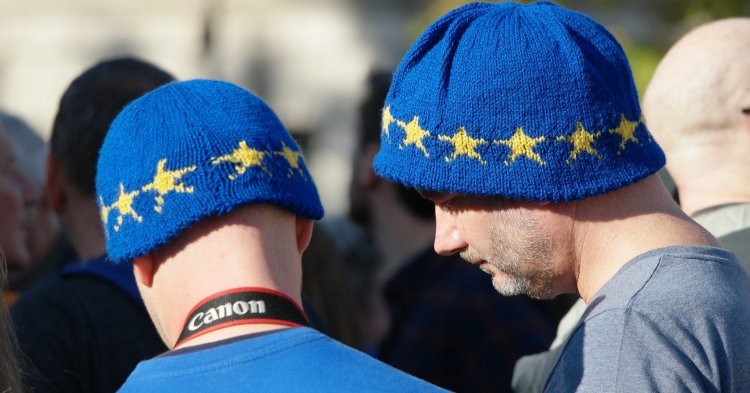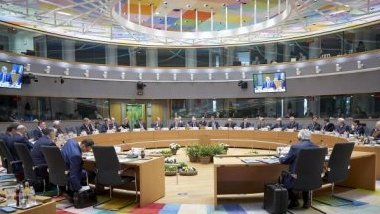We’ve heard, numerous times, about the incompetence of the British government, the obduracy of our prime minister, and the awkwardness and unpredictability of our parliament.
These things are all true and are justly being recognised and condemned.
In the course of negotiations with the UK, the European Union has understandably found the whole process quite frustrating, and this is reflected in their discourse on the matter. We’ve heard how they are running out of patience, and how they’re giving the UK one more chance whilst also ready for the UK leaving without a deal. When it was starting to seem like only a small push was needed for the UK to maintain membership of the single market and customs union, or even for a second referendum with the option of remaining, the EU decided to call the whole thing off.
This is understandable. Understandable, when you’re negotiating a treaty between nation-states. Which is what this is.
But of course, that is not what it should be. If we’re to believe the rhetoric, Europe should be about more than the nation-state. So often we’ve heard about a “Europe of citizens”, of “ever closer union” and of “progress” – whatever that means.
In Scotland, a nation in its own right, 62% of voters – European citizens all – voted to stay in the European Union. Why is the EU standing up for Ireland, but not doing anything for Scotland or its citizens? Both are nations after all. Crucially, Ireland is a member state, and, despite what the European Union likes to tell itself, it’s the state, and relations between states, that matter.
Earlier this month, Emmanuel Macron, taking a break from calling in the military against his own citizens, advocated a grand “renewal” of the European project, railing against nationalism and the parochial concerns of the nation-state. Yesterday, in an expression of the parochial concerns of the nation-state, he declared himself unwilling to countenance an extension of the United Kingdom’s scheduled departure from the European Union, seeming relatively unconcerned about the prospect of cutting loose millions of European citizens, with 16 million who voted to stay in the European Union among them.
Of course, Macron is the President of France, and he’s there to represent France, so such declarations are perhaps unsurprising. It is alarming, however, to see these words picked up by the European institutions and their officials.
The EU and the EU27 are closing ranks. Against the United Kingdom, yes, but also against 66 million European citizens, the majority of whom, if polls are to be believed, would prefer to remain European citizens. But even those who did vote to leave the European Union – and still wish to leave – remain, for now at least, European citizens. As such, it is the duty of the European Union to represent them and be mindful of their interests. Officials still have obligations towards their citizens, even if these citizens oppose their them or their institution. What has happened here?
And we shouldn’t forget – as so many others have – about the millions of citizens from other European countries living in the United Kingdom, and the additional uncertainty they are facing. Any refusal of an extension, any attempt to push the UK parliament into making hasty choices, intensifies their worries and uncertainty.
Now, again, that things have turned out this way is unsurprising. The European Union, and pro-European leaders such as Macron, like to talk about grand renewals and utopian projects. However, in reality the EU remains an institution where, in the big issues at least, the member states – and particularly the larger ones – continue to call the shots.
The whole process around Brexit is testament to this. The way the EU and the 27 member states have united against European citizens in the United Kingdom is a testament to the weakness of its vision, not its strength.


Follow the comments: |
|
